São Paulo, Brazil-based startup Typcal is seeking to blaze a trail in the Latin American market with mycoprotein which it claims grows more rapidly, on a broader range of feedstocks, than competitive fungi strains.
Founded by former Red Bull executive Paulo Ibri (CEO) and Dr. Eduardo Sydney (CTO), cofounder of mycelium-fueled biomaterials firm Mush and professor at Federal University of Technology, Paraná, Typcal is one of several firms deploying biomass fermentation to grow fungi as a food ingredient.
However, it’s one of the only players in mycelium fermentation in Latin America (another startup in this space is Done Properly in Chile), and does not use any of the species employed by existing industry players such as Fusarium Venenatum (Quorn , ENOUGH Foods), Neurospora Crassa (Meati, The Better Meat Co), or Aspergillus Oryzae (Nosh.bio), said Ibri, who is looking to build a b2b ingredients company supplying mycelium in a variety of formats to food manufacturers in applications from meat alternatives to cookies.
“We started Typcal to be the first in Latin America to develop mycelium fermentation with a circular process,” he told AgFunderNews. “So we’re using an organism from another family that can get its nitrogen and carbon from a wide variety of side streams and byproducts from breweries, bread companies, dairy companies, and starch companies.
“We have signed NDAs, but one of our biggest partners is [brewing giant] AB InBev, which has been supplying us with spent yeast for testing. With all the proof of concepts that we do, we compare the volume of biomass and its nutritional profile. And what we’re learning is that different feedstocks can impact the amino acid profile but in terms of biomass production, there are not big differences.”
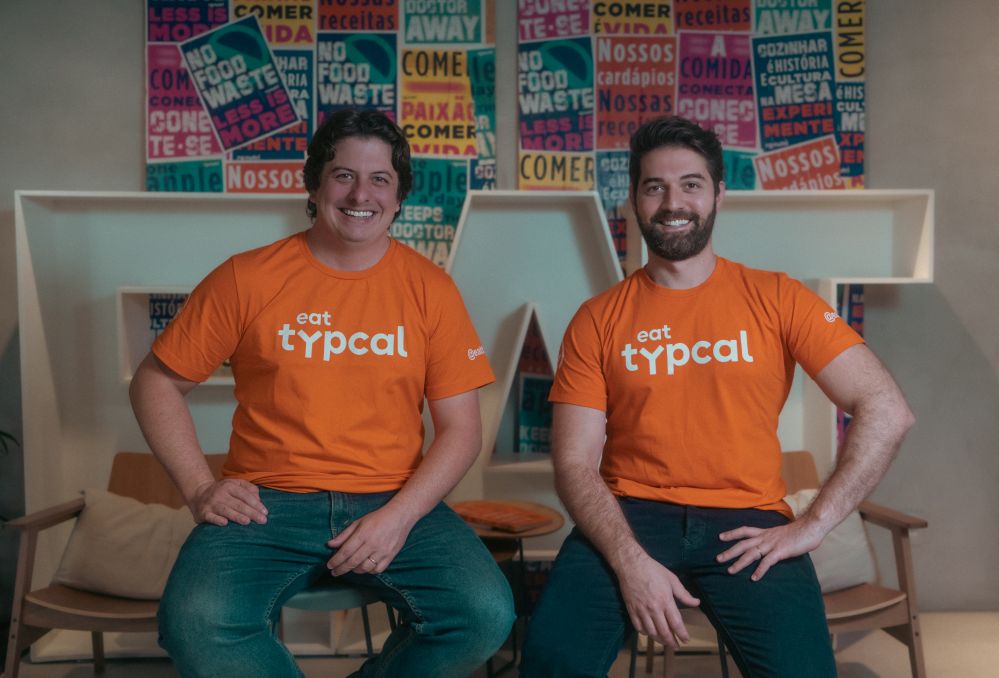
Scaling up
Typcal has a pilot facility in Curitiba, Brazil, with a 200-liter bioreactor, said Ibri. The company has raised around $3 million in seed funding from a mixture of agtech and foodtech investors and athletes, and is looking to raise a series A round later this year. “We are the first ones doing mycelium fermentation in Latam so it’s not possible to find a co-manufacturer, so we have to build our own facilities.
“We are buying a 5,000-liter bioreactor to expand to commercial scale and put the first products on the market in 2025, and then in 2026 we aim to expand again and reach around 60 tons a month for the local market with three 50,000-liter bioreactors.”
According to Ibri: “We are speaking with a number of investors, not only venture funds and individuals but also companies including bioreactor companies that want to invest in us to expand so they can invest through capex for example. We also have a lot of government incentives to expand our facility, so we are looking to raise $10 million and do this expansion in the next two to three years.”
He added: “Scaling is obviously a challenge for everyone in this industry because it’s capex intensive. But I think that bringing some investors that are from the industry to our cap table was very strategic in that they understand the ROI of the capex in the long term.”
While Typcal’s initial focus is on the domestic market in Brazil, the company is also looking at the European market, and believes it will not have to go through the novel foods process.
“We are going to expand to Europe next year because we have some partners there, one of them being Givaudan,” said Ibri. “What we have concluded together with the authorities is that our strain is not considered a novel food as it has a history of safe consumption around the world. And what we are able to do is to adapt this strain to our process in order to have the fastest process compared to other players in this space.”
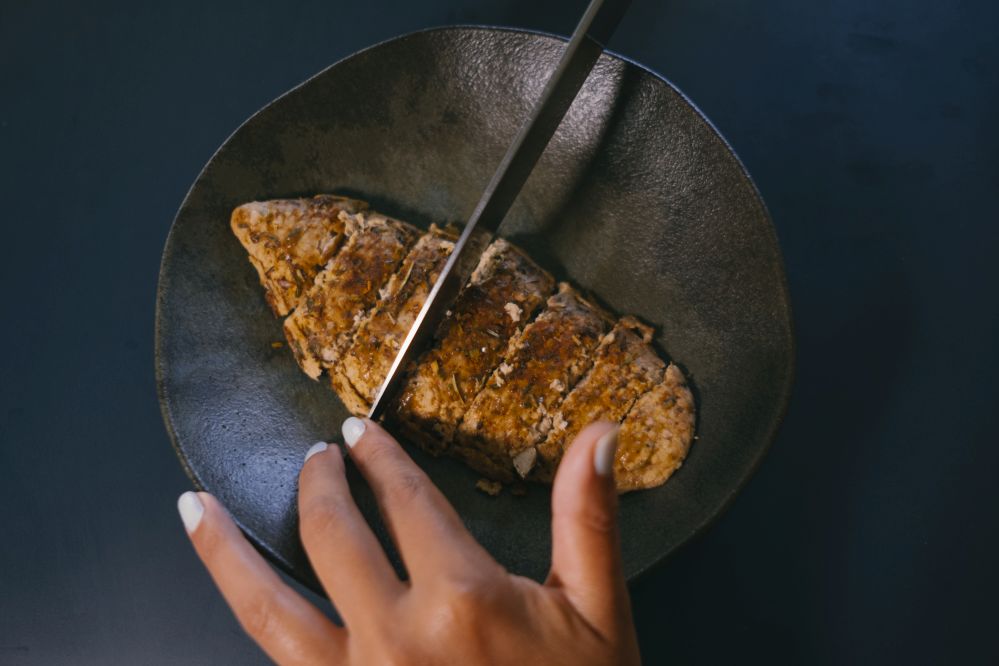
Product applications
Typcal has three product formats for its mycelium: fresh biomass (ideal for alt meat), dry powder with 45% protein (ideal for cookies, snacks, cereals, bars etc), and a mycelium concentrate targeted at the sports nutrition segment, said Ibri. “The vegetable proteins we have nowadays are poor in terms of texture and taste but whey protein prices are increasing year over year and producers are becoming nervous.”
“The other thing that’s attractive about our mycelium is that it’s a complete protein and also very rich in beta glucan [a soluble fiber with a wide range of health benefits].”
Another appealing aspect of Typcal’s organism is that you can make whole cut meat analogs with a very clean label, he claimed. “Our [fungi-based] chicken fillet only has three ingredients: mycelium, starch, and natural flavor.”
When it comes to terminology, an area that has proved challenging for players in the space, Typcal prefers to use the term “mycoprotein,” said Ibri. “Nobody here knows what mycelium is, so we need to explain to the consumer what we’re doing, because it’s not mushroom. This is another reason why we’re b2b, as we need to work with the food industry that has the resources and the distribution capability to develop this market.”




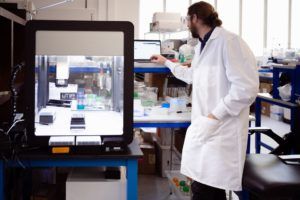

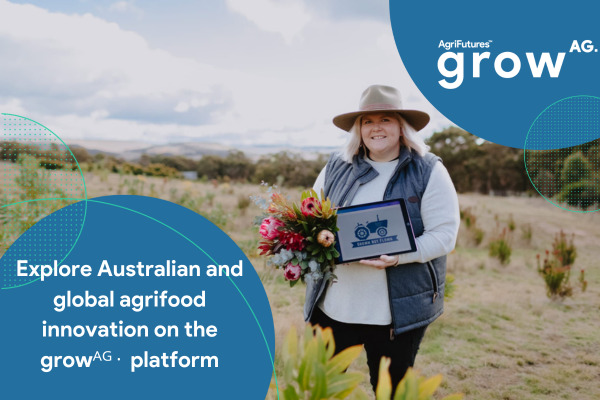



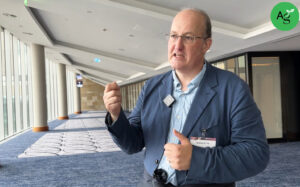


Sponsored
Sponsored post: The innovator’s dilemma: why agbioscience innovation must focus on the farmer first